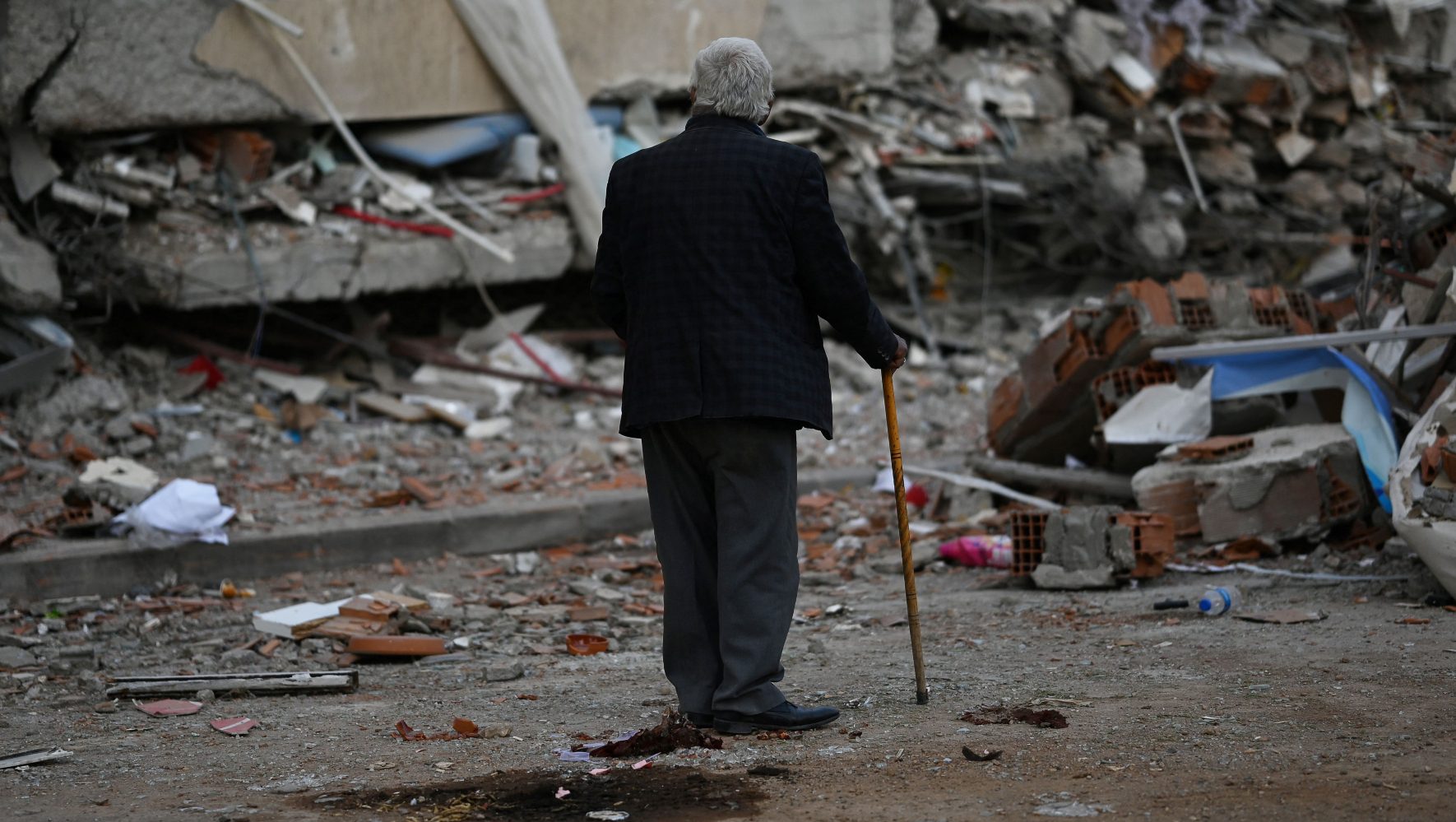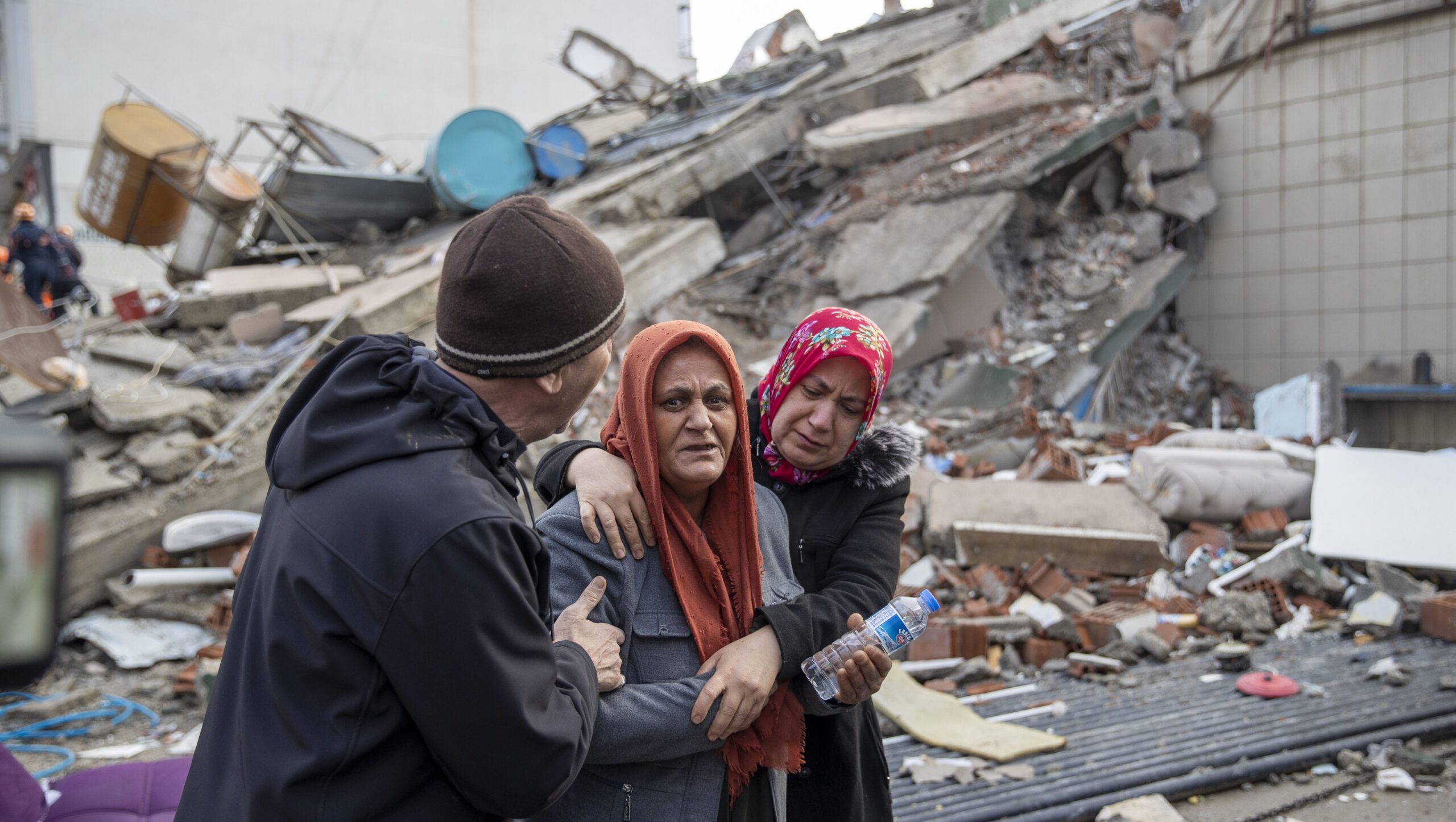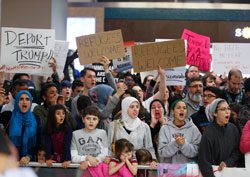A Call for the U.S. to Resettle More Syrians as Part of Multifaith Effort
Oct 29, 2014
Winter is fast approaching in Jordan, Lebanon, and Turkey, the countries where most of the 3 million Syrians who have fled civil war and persecution are living on the margins. It is unimaginable that so many families will endure another winter in exile without basic necessities like shelter, heat, and medical care. The vast number of refugees means that one in ten people living in Jordan is a Syrian refugee. The influx of refugees in the region has placed a tremendous strain on host countries.
Meanwhile, our elected officials have been on Capitol Hill for only a handful of days since August and there has been no legislation to help alleviate the largest refugee crisis of this era. With the rise of the Islamic State in the region, the situation has only gotten worse, yet Congress fails to act in a comprehensive, strategic way to help the refugees.
While Germany and other European countries are increasing their resettlement opportunities for Syrian women, children, and families, the U.S. Administration recently announced that it will not increase the number of refugees the U.S. will accept in 2015. The number will remain at 70,000, the same as in 2014.
HIAS has partnered with the Multifaith Alliance for Syrian Refugees in Jordan, the nation’s leading interfaith response to this humanitarian crisis. To meet our shared objective to raise awareness within our own religious communities and to demand that world political leaders respond we have embarked on a campaign to encourage the Administration to raise the U.S. refugee admissions goal to 100,000 in 2016.
U.S. officials have promised that the United States will do everything in its power to meet the needs of displaced Syrians and we have the ability to accept 30,000 more refugees annually. Twenty years ago we accepted double the number that we do now.
An additional 30,000 will certainly not solve the situation that the Assad regime has created and that ISIS is antagonizing. But it could save some of the most vulnerable -- orphaned children, the critically ill and injured, victims of torture who are simply not safe where they are. And it would send a powerful message to the Syrians citizens who were forced to flee their homeland and to the countries that are hosting them despite the strain on their resources.
Most Syrians will not be able to return home, no matter how much they might wish to. They have suffered losses unimaginable to most of us but well known to previous generations of Jews. The U.S. government has long been a leader in our commitment to refugee resettlement. To continue that proud tradition, we must step up our efforts to address the largest refugee crisis of the 21st Century. It is incumbent on the Jewish community, who understand the hardships of flight and exile all too well, to be the leading voices calling for action.


